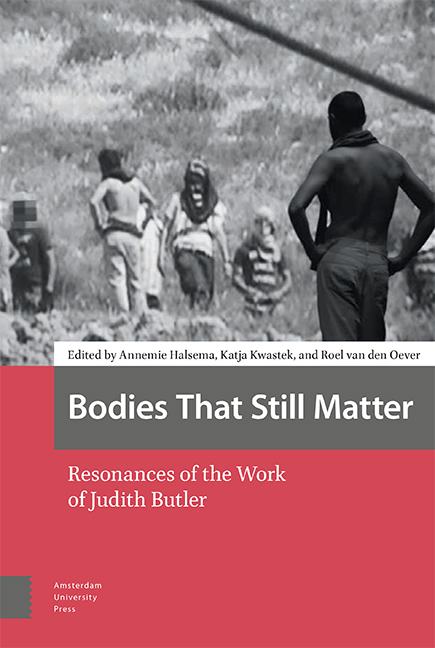The Performative Edge of Non-Politicians: Populism and Shifting Legitimacy in US Presidential Politics
Published online by Cambridge University Press: 27 May 2021
Summary
Abstract
Building on Butler's theorization of legitimacy as performative and dynamic rather than institutionally enshrined, this essay explores the paradoxical performativity of contemporary populism. It asks how populists should be understood to operate performatively in ways that make them particularly successful in attracting followers. Populist speech acts pose a challenge to traditional theorizations of performativity: they seem to be successful in spite of the fact that they work through the disavowal, not the affirmation, of the authority that would normally be assumed necessary to make a performative speech act felicitous. Drawing on examples of persistent US presidential populism since Watergate, this essay posits that contemporary populism demands an expanded and revised understanding of the conditions necessary to achieve performative felicity.
Keywords: anti-establishment, legitimacy, political speech, populism, representation, US presidency
For more than a decade, scholars have been exploring the performative dimensions of populism. According to Ernesto Laclau's well-known theory, for instance, populism functions as a performative phenomenon brought about when there is widespread dissatisfaction with the political establishment, such that this dissatisfaction itself becomes the marker of identity for the emerging populist movement (2005). More recent work, such as that of Benjamin Moffitt (2016), looks at populism from the other side; here, it is the populist politician's performative evocation of a state of crisis that is in focus, rather than the process of populist identity formation among the electorate. Neither Laclau nor Moffitt, however, devotes sustained attention to theorizing the connection between a populist politician and their supporters, to the strange attraction or the quality of the representative relationship that exists between them. One of the most compelling questions about contemporary populism, concerning how populists operate performatively in ways that make them particularly successful in attracting followers, is thus left open.
This essay will build on Butler's theory of shifting legitimacy, as articulated in Excitable Speech (1997), to investigate how populist speech acts might be seen as working performatively to shift legitimacy in ways that controvert the rules of how performative speech acts are commonly assumed to function. For present purposes, populist speech acts are defined as those that follow the populist style, in that they set up a binary division between “the people” and “the establishment,” evoke a sense of crisis, and are performed in a strikingly media-savvy and personalized style (see Moffitt 2016, 43-45).
- Type
- Chapter
- Information
- Bodies That Still MatterResonances of the Work of Judith Butler, pp. 53 - 64Publisher: Amsterdam University PressPrint publication year: 2021



